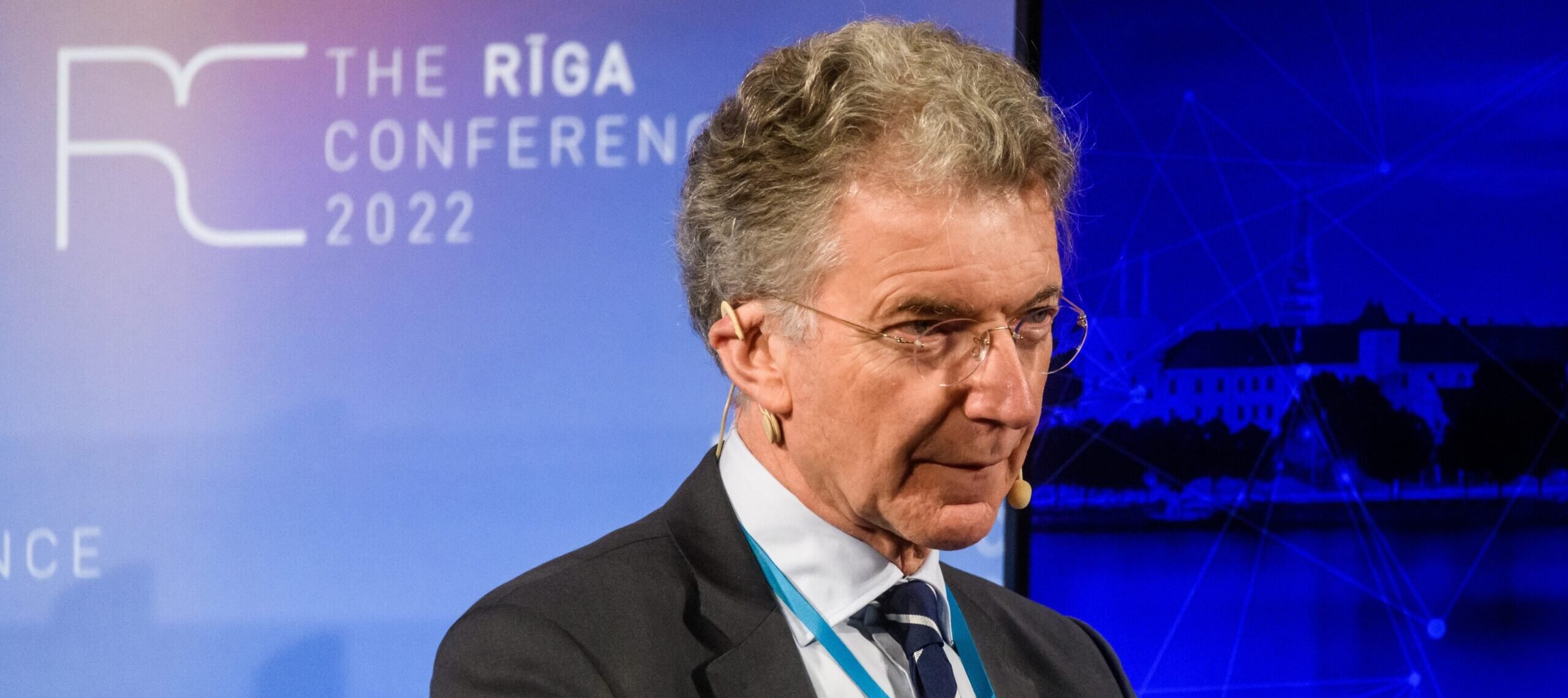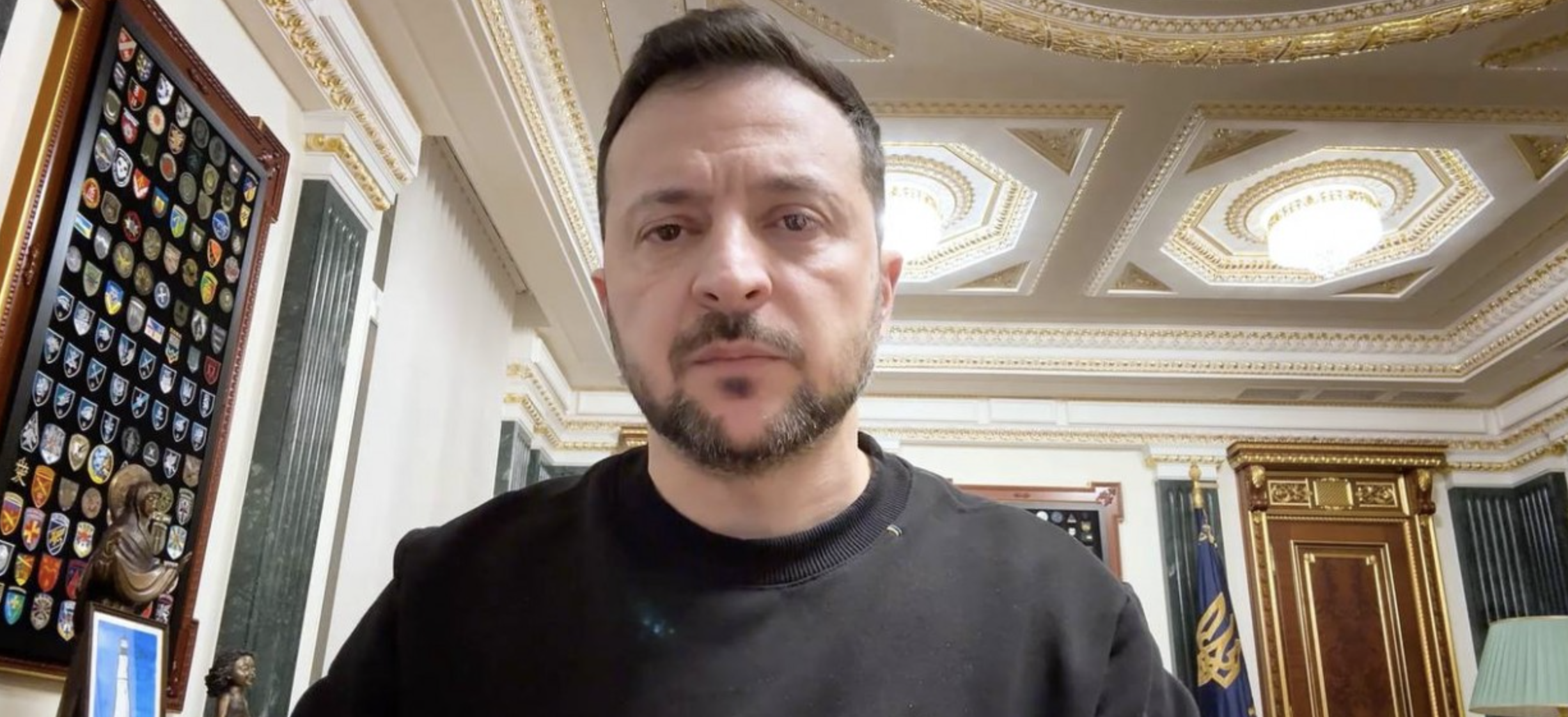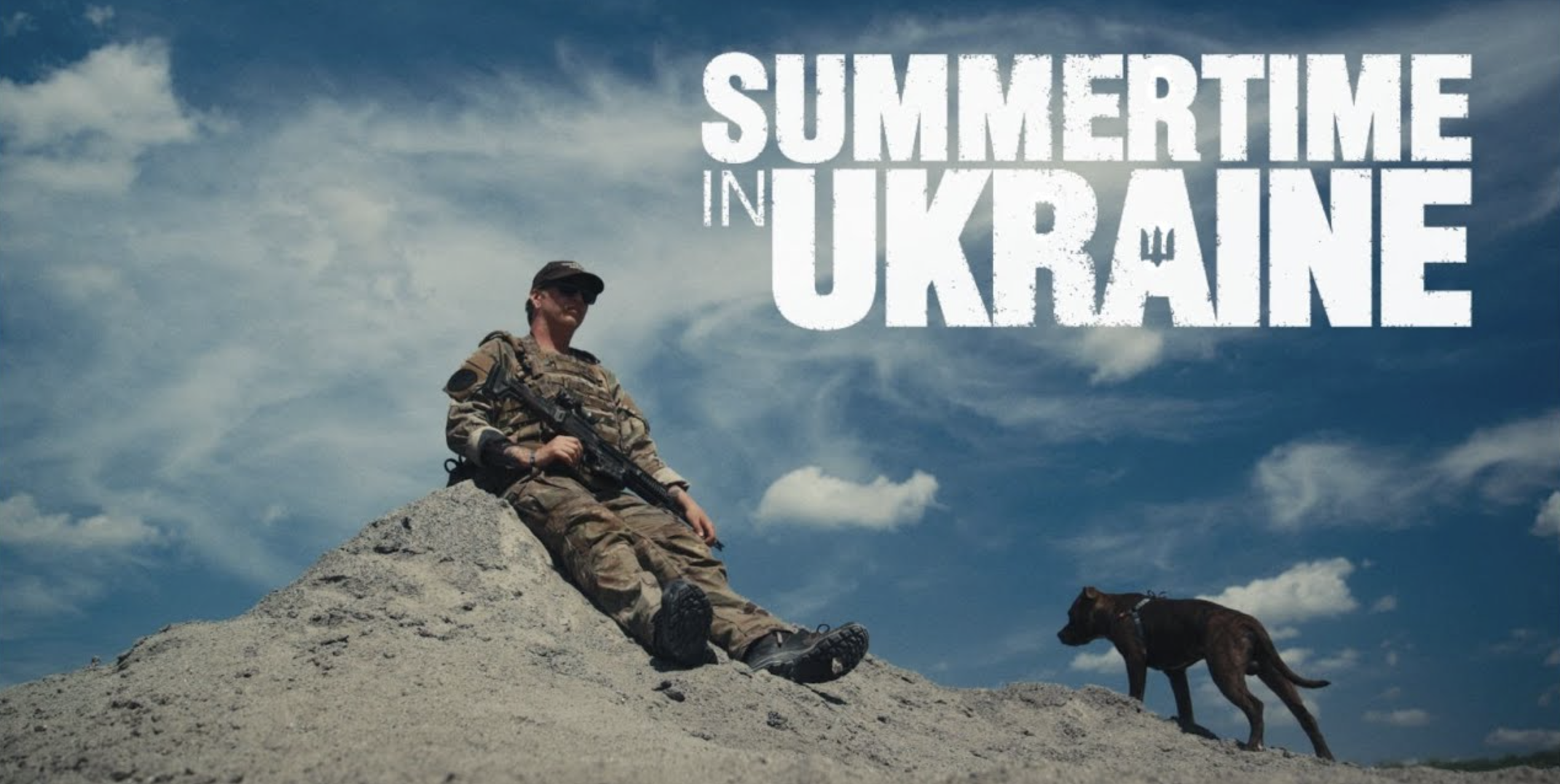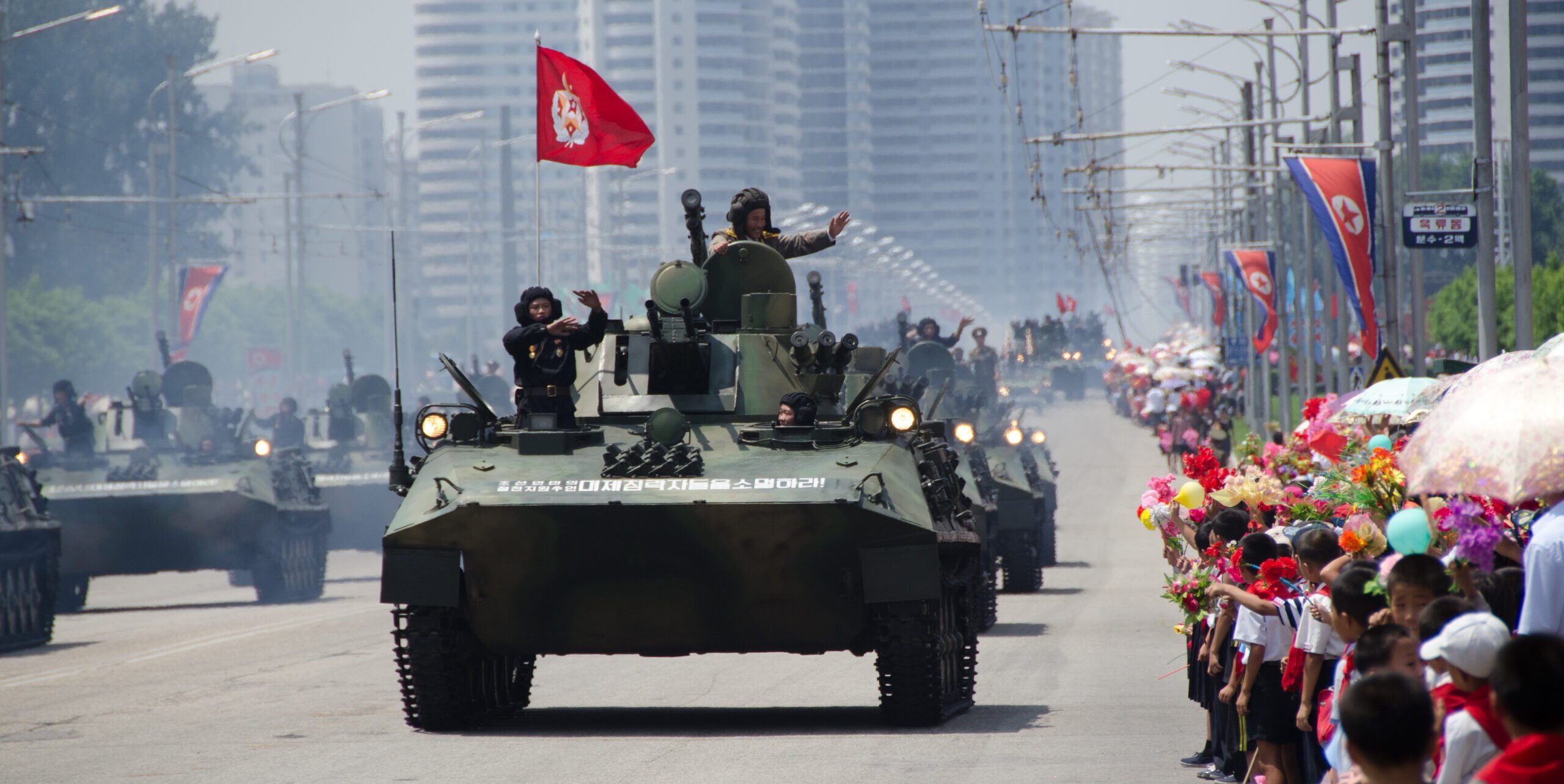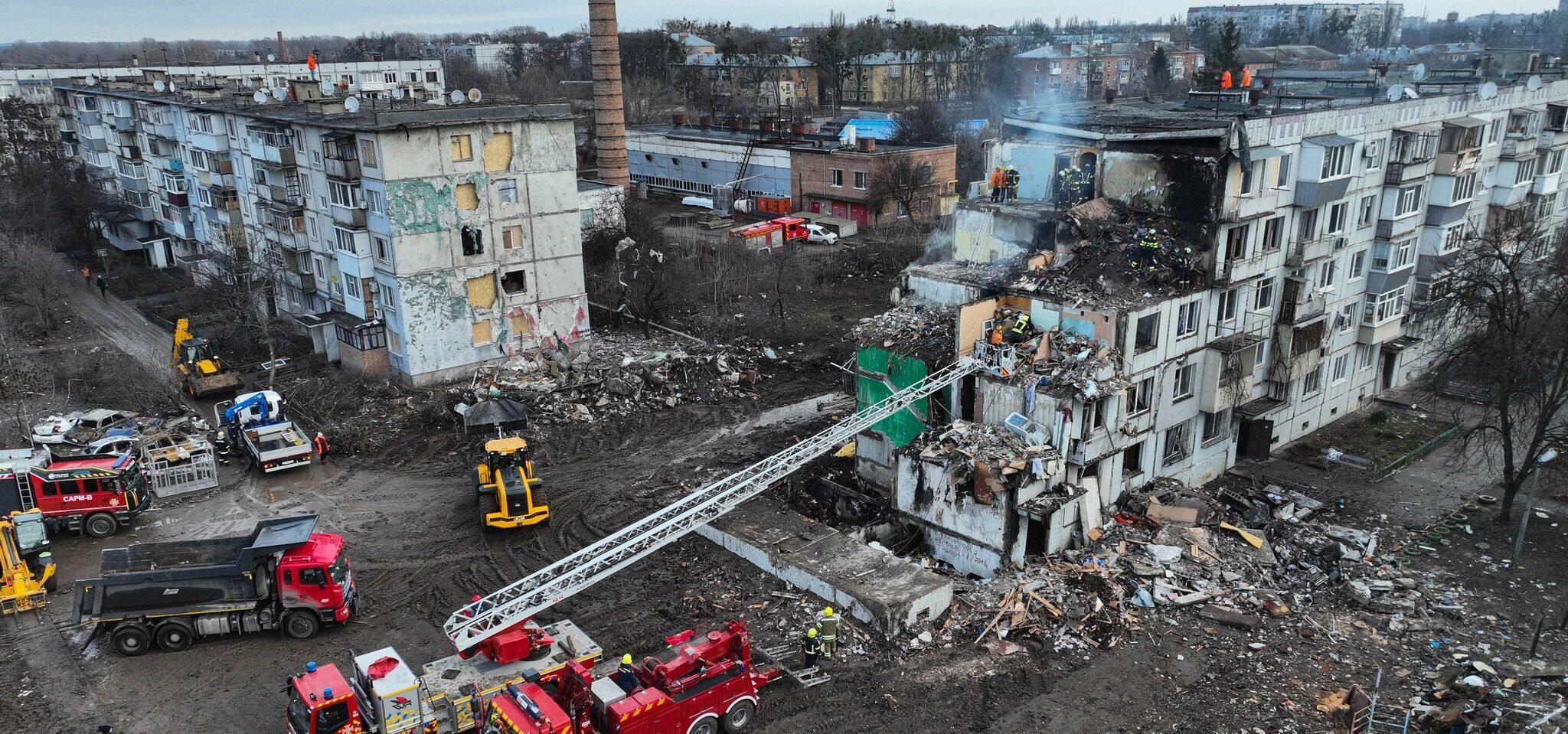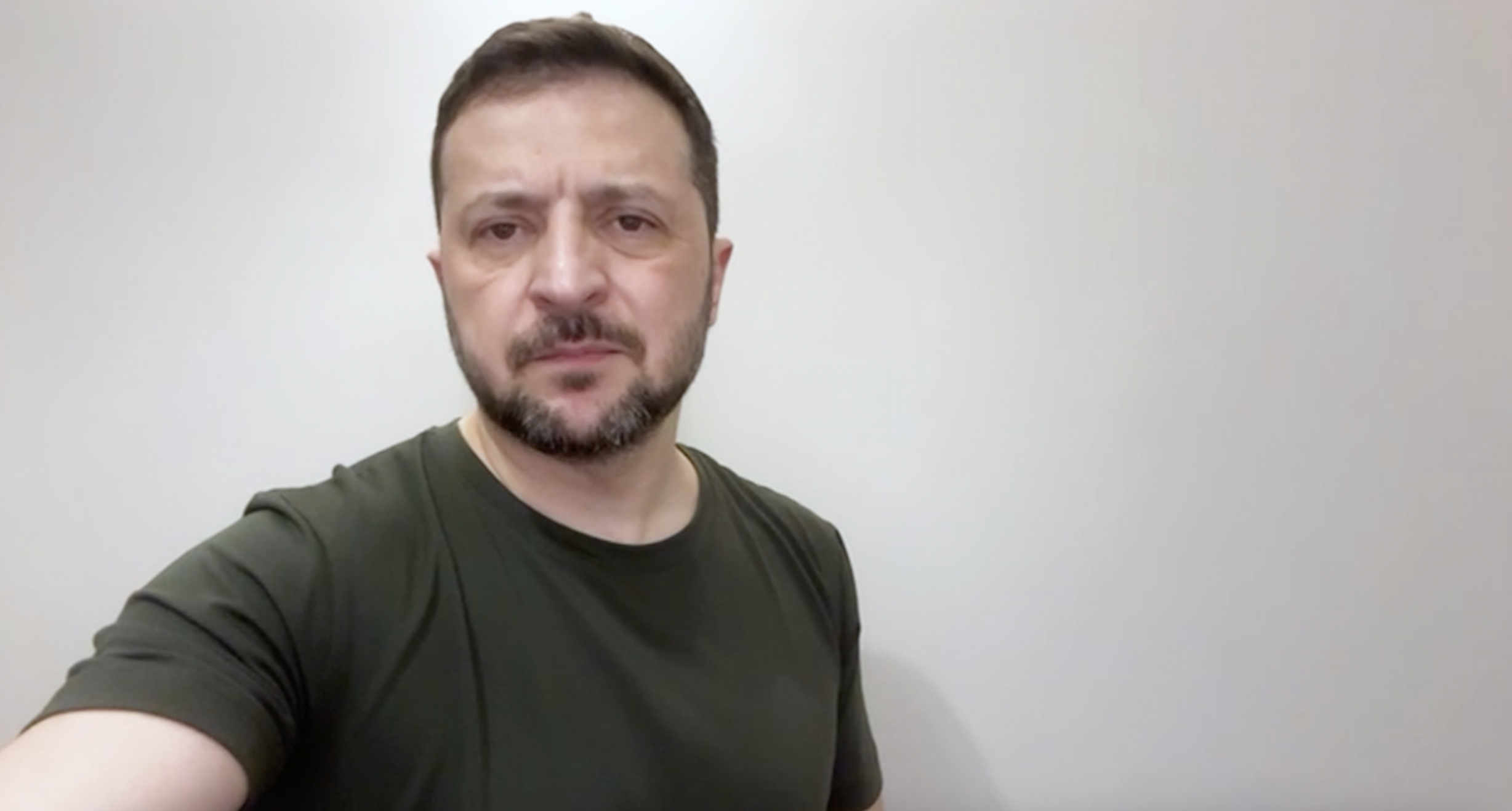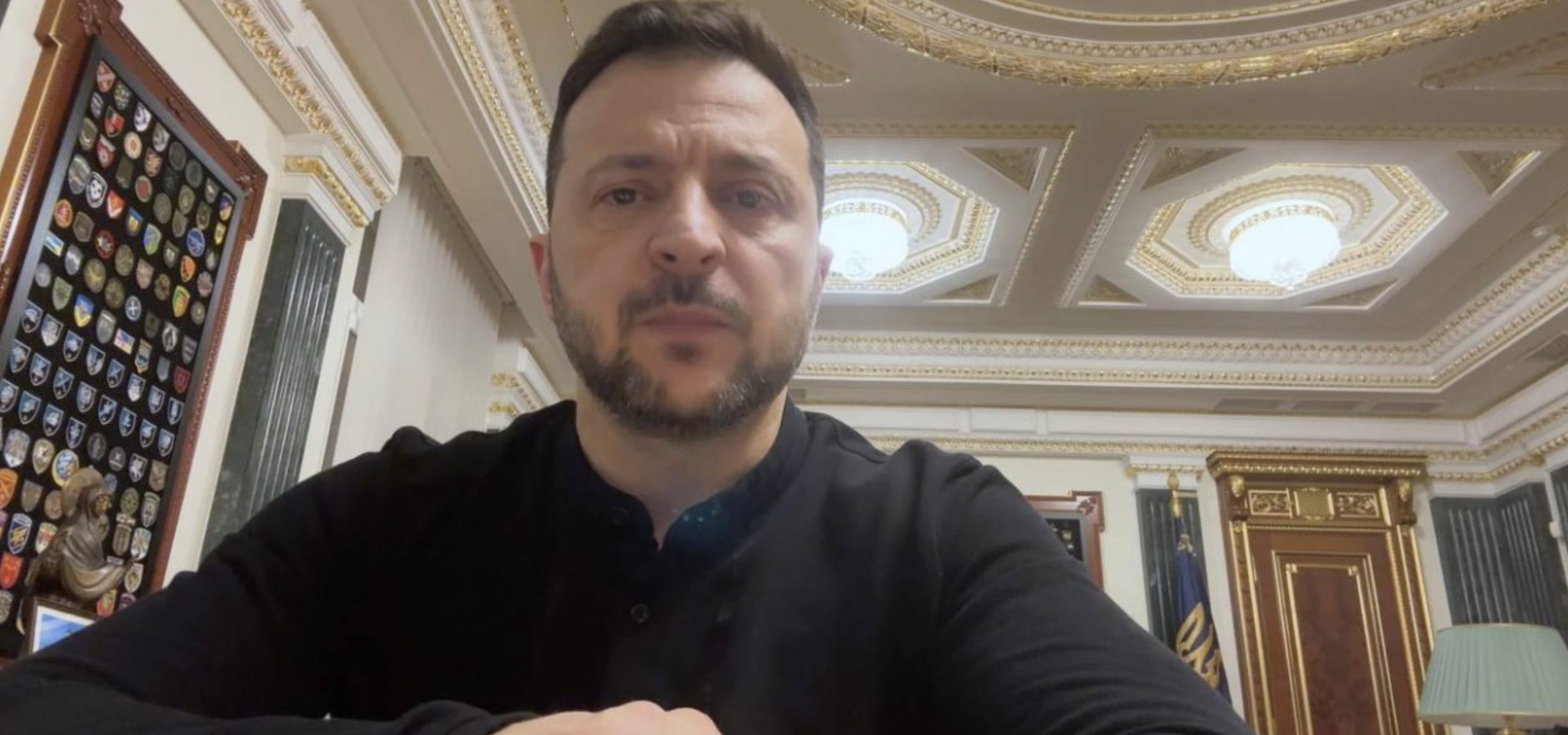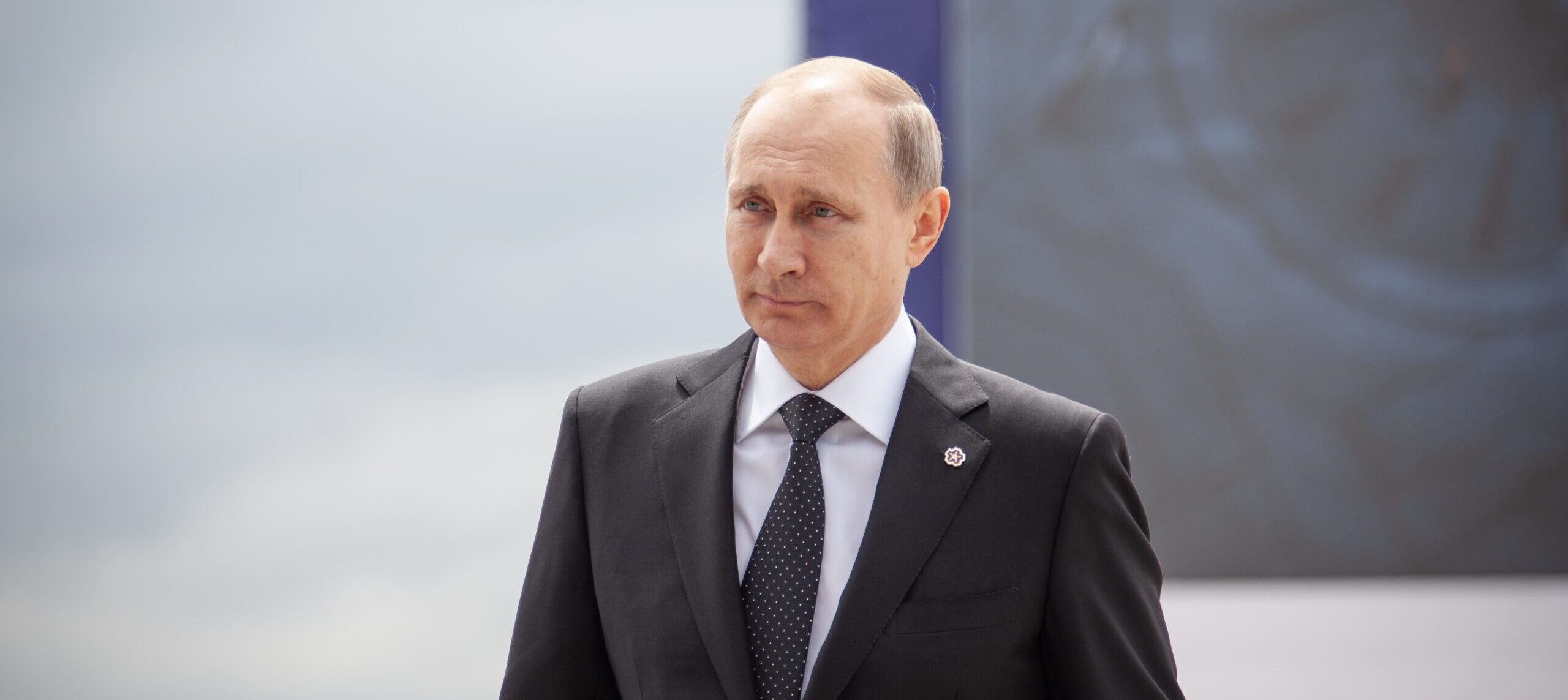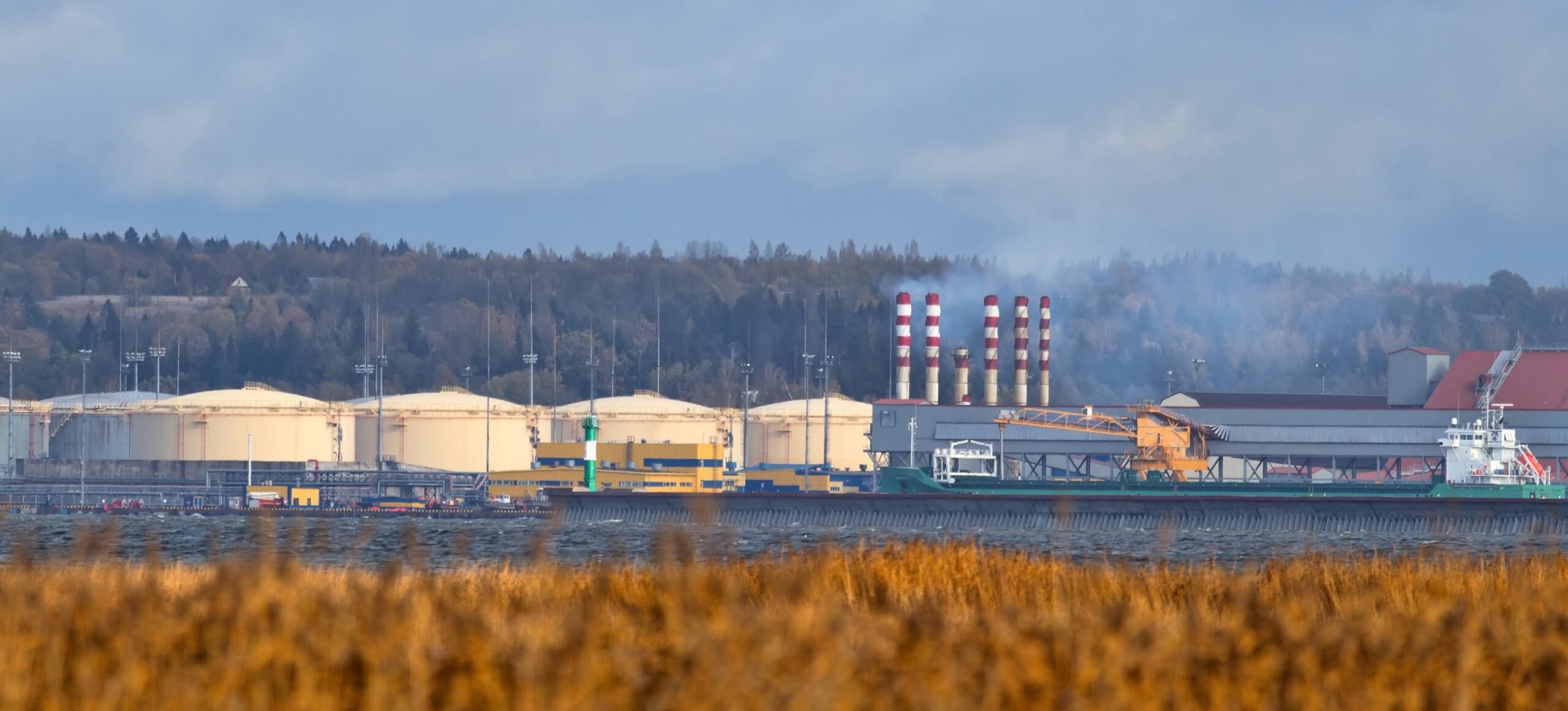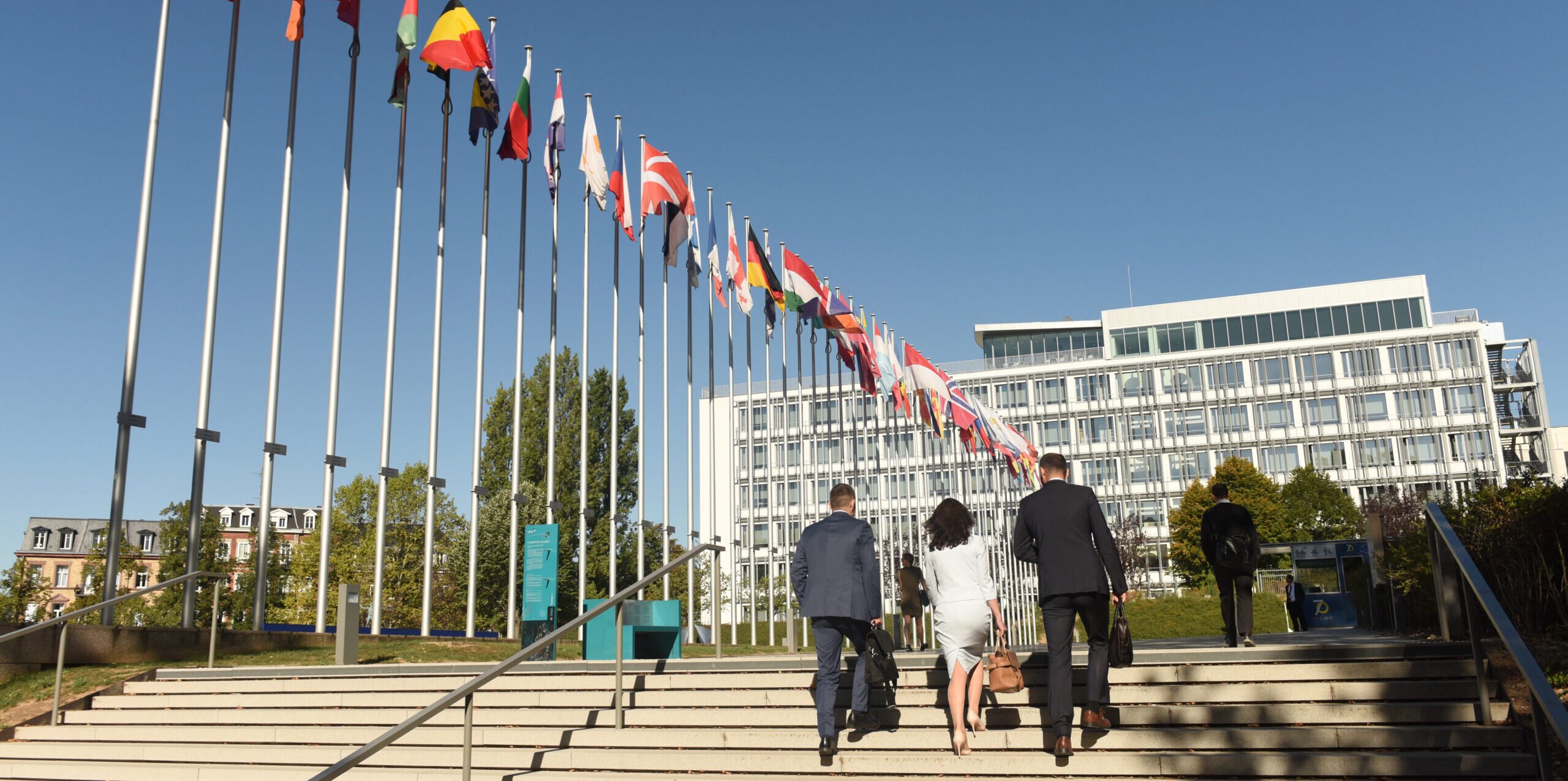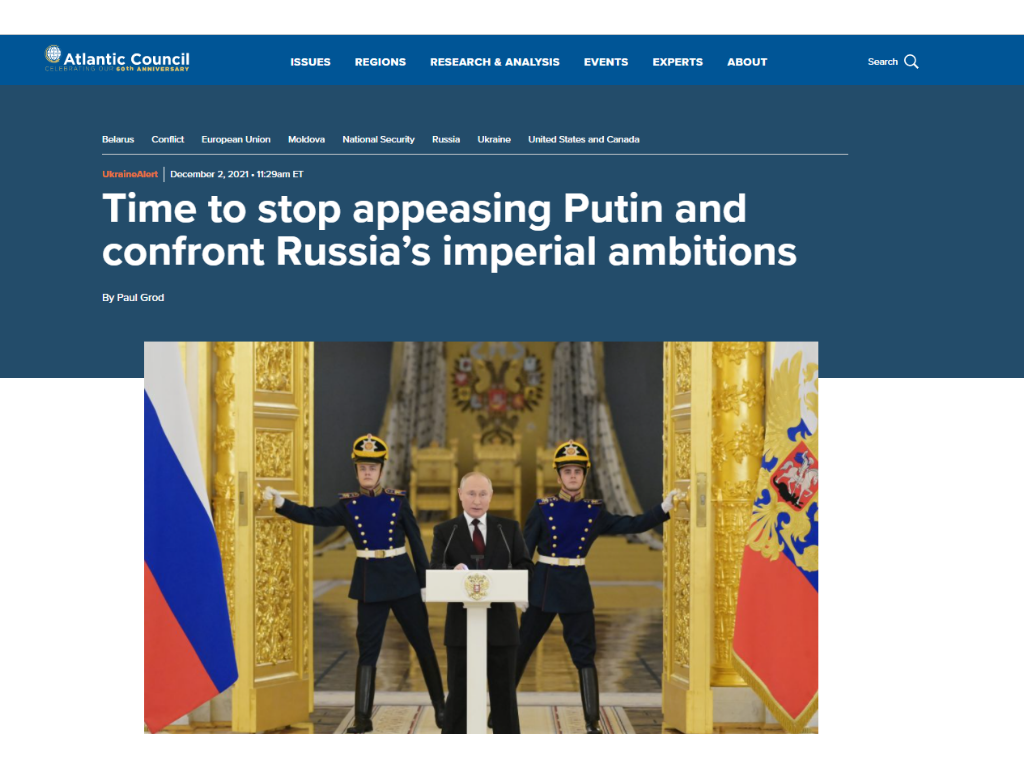
Op-ed by Paul Grod, UWC President, for the Atlantic Council :
Thirty years ago this week on December 1, 1991, Ukraine drove the final nail into the coffin of the Soviet Union when more than 90% of Ukrainians backed a referendum on the country’s declaration of independence.
The collapse of the USSR was in many ways remarkable as it happened so quickly and largely without bloodshed. However, it has since become increasing obvious that Russia never really came to terms with its reduced status or the loss of empire.
Unfortunately, a new generation of Ukrainians, Georgians, Moldovans, and Belarusians currently find themselves forced to defend their freedoms as Russian President Vladimir Putin seeks to reassert his country’s old imperial influence. Meanwhile, nations in nearby Central Europe are also bracing for a new era of hostilities with Russia.
The epicenter of this new Cold War is Ukraine.
Since 2014, Russian aggression in Crimea and eastern Ukraine has taken the lives of more than 14,000 Ukrainians and forced millions to flee their homes. While the front lines in the east have remained largely static since 2015, Ukraine continues to suffer regular casualties. Meanwhile, around 7% of the country is under Russian occupation.
Ukraine’s December 1991 referendum was in many ways as significant an event as the initial declaration of independence just over four months earlier. While the parliamentary declaration is marked every year as Ukraine’s official Independence Day, the referendum paved the legal pathway towards the formal dissolution of the USSR.
The referendum was also crucial in securing recognition of Ukrainian independence from the international community. Many of the first countries to recognize an independent Ukraine including Canada and the United States would go on to become the country’s closest allies, standing shoulder to shoulder over the coming decades as Ukrainians struggled to achieve their aspirations for peace, personal freedoms, and human dignity.
In order to secure these goals, Ukrainians have sought to join the key institutions of the democratic world. Since early 2019, the country’s NATO and European Union membership aspirations have been enshrined in the Ukrainian Constitution.
Ukraine’s progress since 1991 has been anything but straightforward, but the country has emerged from a turbulent domestic political environment as a vibrant and highly competitive democracy. This makes Ukraine a source of inspiration for the wider post-Soviet region. At the same time, Ukraine’s democratic progress means it is seen in Moscow as an existential threat to Russia’s own authoritarian model.
The current Russian military build-up along the Ukrainian border has attracted considerable international attention. As political leaders and analysts speculate over the likelihood of an invasion, it is vital to underline that Russia has already invaded Ukraine and is waging a war against Ukrainian statehood which is currently in its eighth year.
Putin has made it clear he does not accept Ukraine’s independence. His recent essay “On the Historical Unity of Russians and Ukrainians” and his frequent claims that Russians and Ukrainians are “one people” reflect the Kremlin ruler’s denial of Ukraine’s very existence as a distinct and separate nation. This rhetoric echoes the language of the Czarist era and exposes the imperial ambitions driving Putin’s war against Ukraine.
The democratic world now has an opportunity to demonstrate to Russia that the rules-based international order will prevail by adopting a decisive response to the Kremlin campaign against Ukraine.
It is no secret that the only language Russia respects is the language of strength.
Read the full article here
